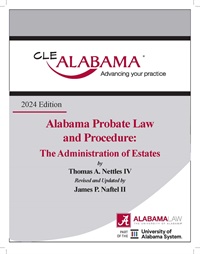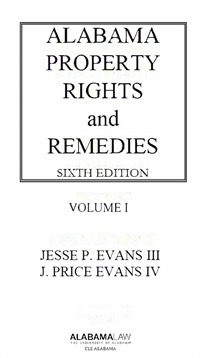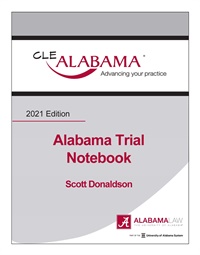Service Level Agreements in Technology Contracting
Total Credits: 1 including 1 CLE
- Average Rating:
- Not yet rated
- Categories:
- Business Law
- Faculty:
- Peter Kinsella
- Original Program Date:
- Jul 15, 2024
- License:
- Never Expires.
Description
In a world where every client depends on IT functions – web site hosting, e-commerce, telecom, storing files remotely in the Cloud, or on locally leased servers, e-mail and much more – and when most of these functions are outsourced or provided by vendors, Service Level Agreements (SLAs) are of paramount importance. SLAs set benchmarks for these services – what uptime is expected and for how long, what happens when something goes down, how is service measured and reported? The operation of every business and every law firm rests on the answer to these questions. This program will provide you a practical guide to reviewing, drafting and negotiating SLAs for client IT functions.
Schedule:
• Purpose of SLAs – ensuring clients get benefit of bargain, incentivizing providers
• Types of services – locally installed v. the Cloud
• Service availability – uptime, guarantees, exclusions
• Service performance – minimum v. expected service, resolution time v. resolution goals
• Special considerations when drafting for the Cloud
• Common failures, damages, and remedies
Handouts
| Handout 1 (1.3 MB) | 59 Pages | Available after Purchase |
Faculty
Peter Kinsella Related Seminars and Products
Perkins Coie LLP
Peter J. Kinsella is a partner in the Denver office of Perkins Coie, LLP, where he has an extensive technology law practice focusing on advising start-up, emerging and large companies on technology-related commercial and intellectual property transaction matters. Prior to joining his firm, he worked for ten years in various legal capacities with Qwest Communications International, Inc. and Honeywell, Inc. Mr. Kinsella has extensive experience structuring and negotiating data sharing agreements, complex procurement agreements, product distribution agreements, OEM agreements, marketing and advertising agreements, corporate sponsorship agreements, and various types of patent, trademark and copyright licenses.







